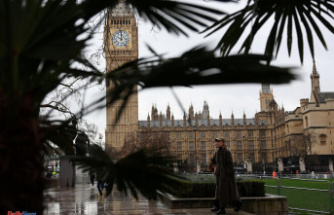Over the last ten years, the annual population growth rate has slipped to 0.06%, lower than anytime since at least 1900. California would drop from 53 to 52 House seats - more than any other nation - and could subsequently lose electoral votes in the presidential election.
Meanwhile, states like Texas and Florida are developing their populations and political clout. Texas is expected to gain as many as three chairs, based on a Election Data Services evaluation, and Florida two. Arizona and Colorado may also gain chairs.
If California manages to hold on all 53 House seats, it may be due to the job of the 200 million state leaders spent census outreach, trying to count as many residents as possible to qualify for a proportional amount of federal funding.
California's fleeing residents often cite a skyrocketing cost of living, high taxes and sprawling wildfires because their motivation to move.
But lately, some taxpayers are becoming fed up with Gov. Gavin Newsom's managing of the coronavirus pandemic and persistent college closures. Newsom is confronting an all-but-certain recall race, probably in the autumn.
California is the only western state expected to lose a House seat, according to a Election Data Services projection obtained by Mercury News. Nine other states stand to lose a chair, mostly in the northeast and midwest.
"What you are seeing is a continuation of the trend that's been occurring from the 1930's: people leaving the Northeast and Upper Midwest and going west and south," said Kimball Brace, the president of Election Data Services, a political consulting company that studied the brand new Census Bureau data. "But California is the exception"












